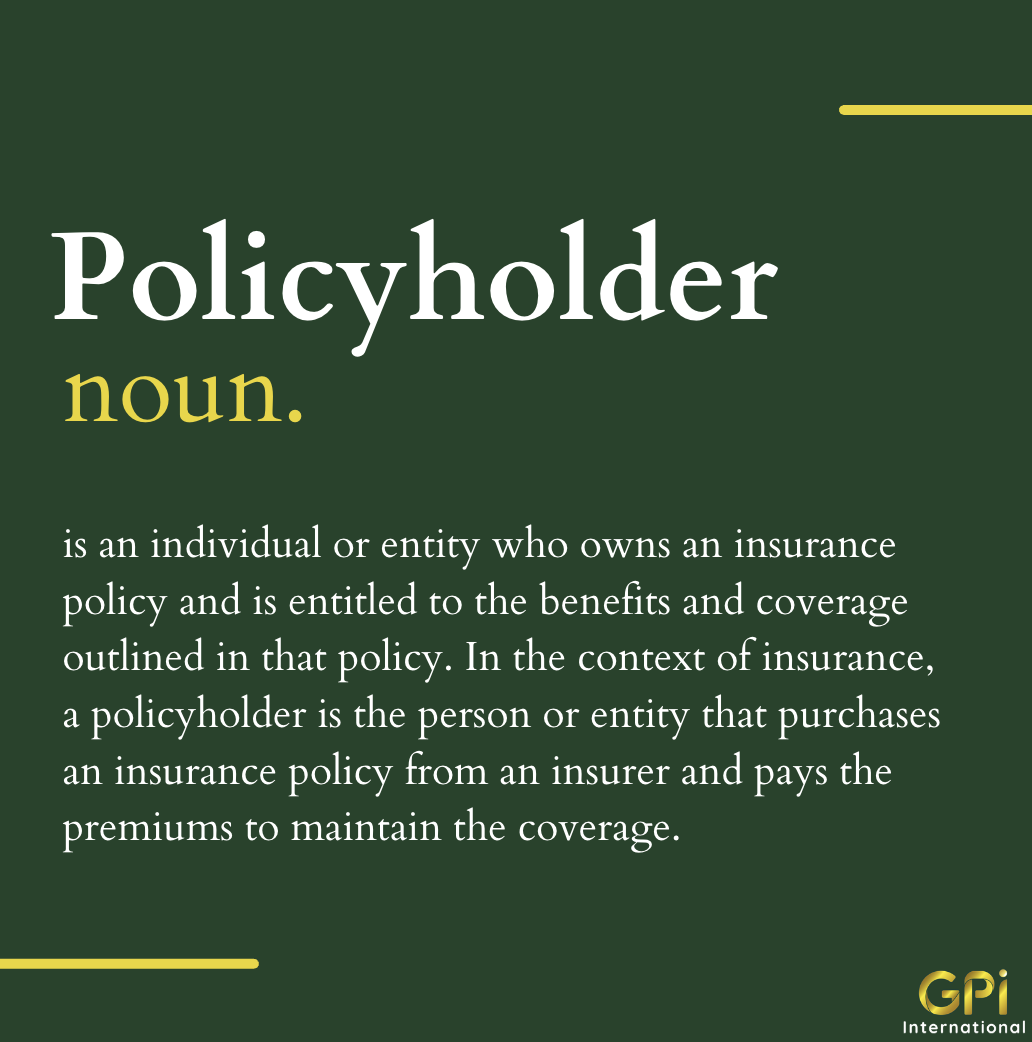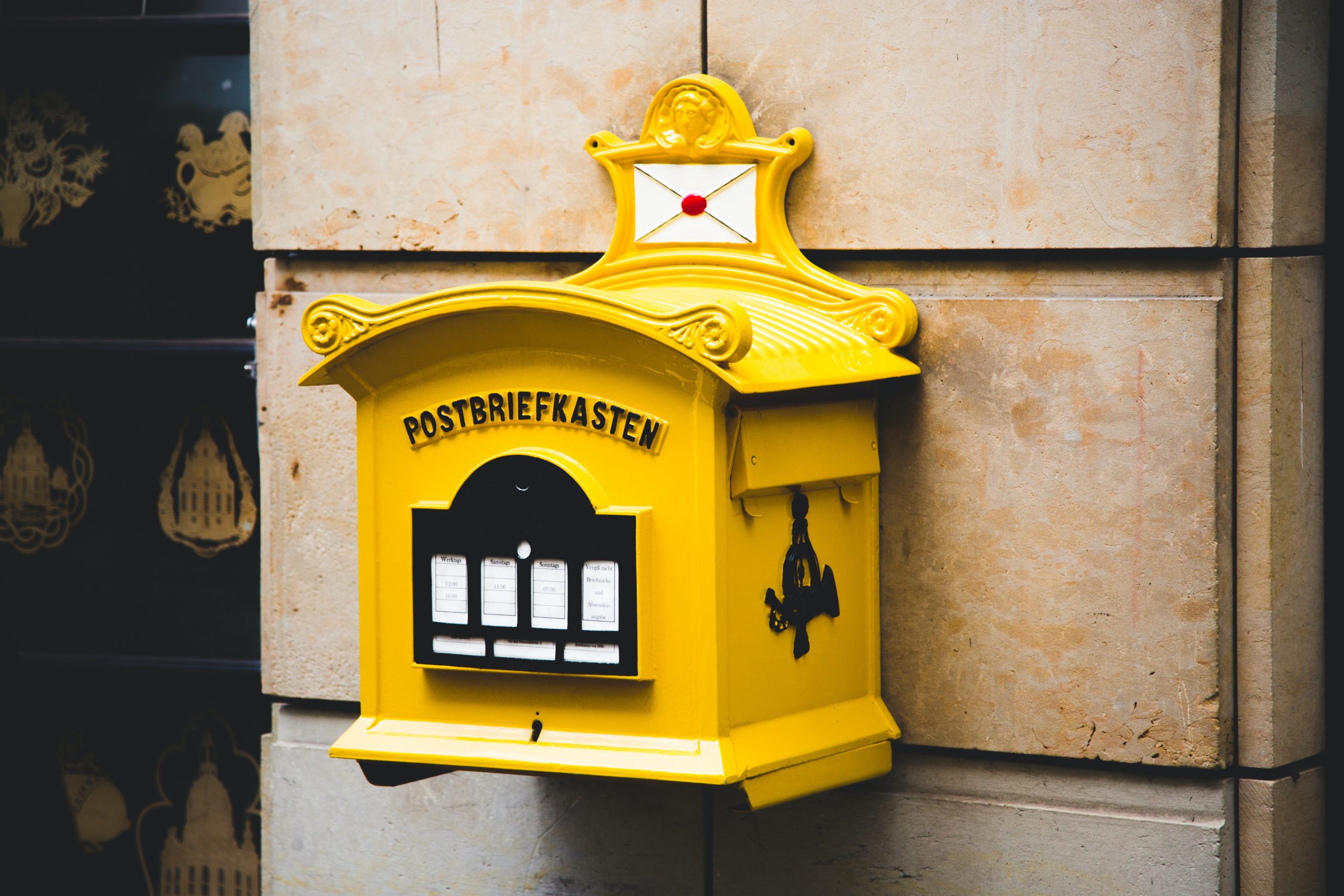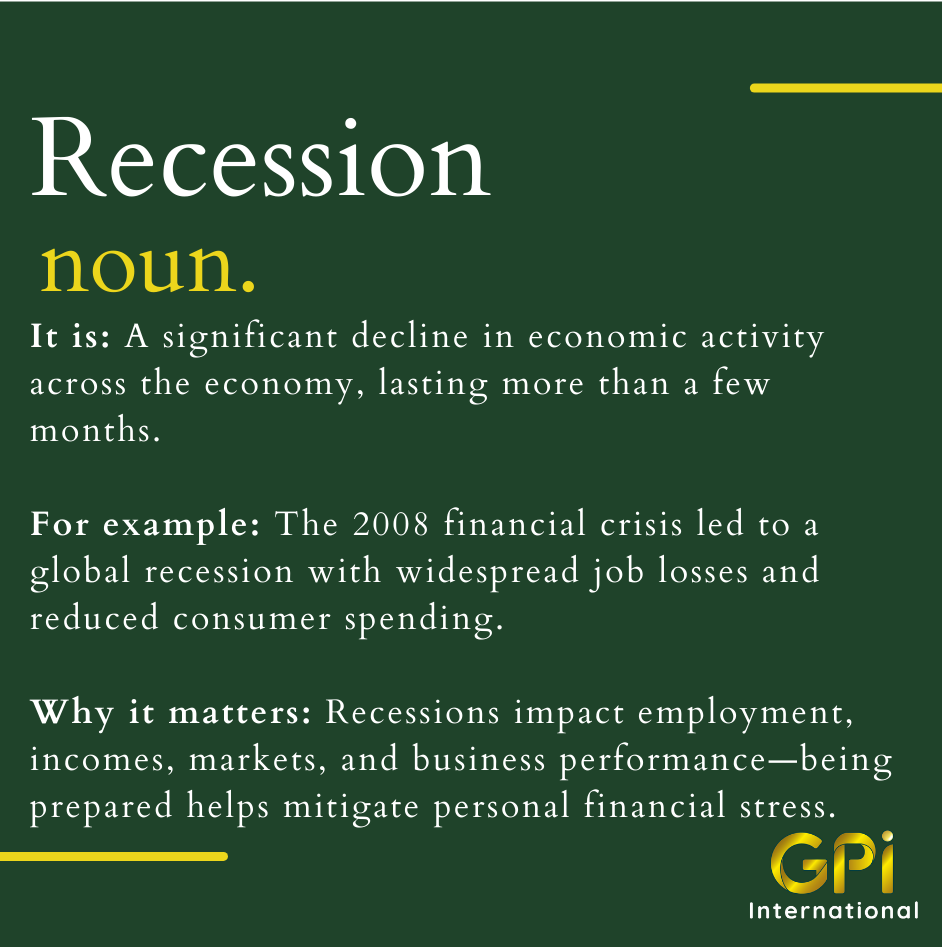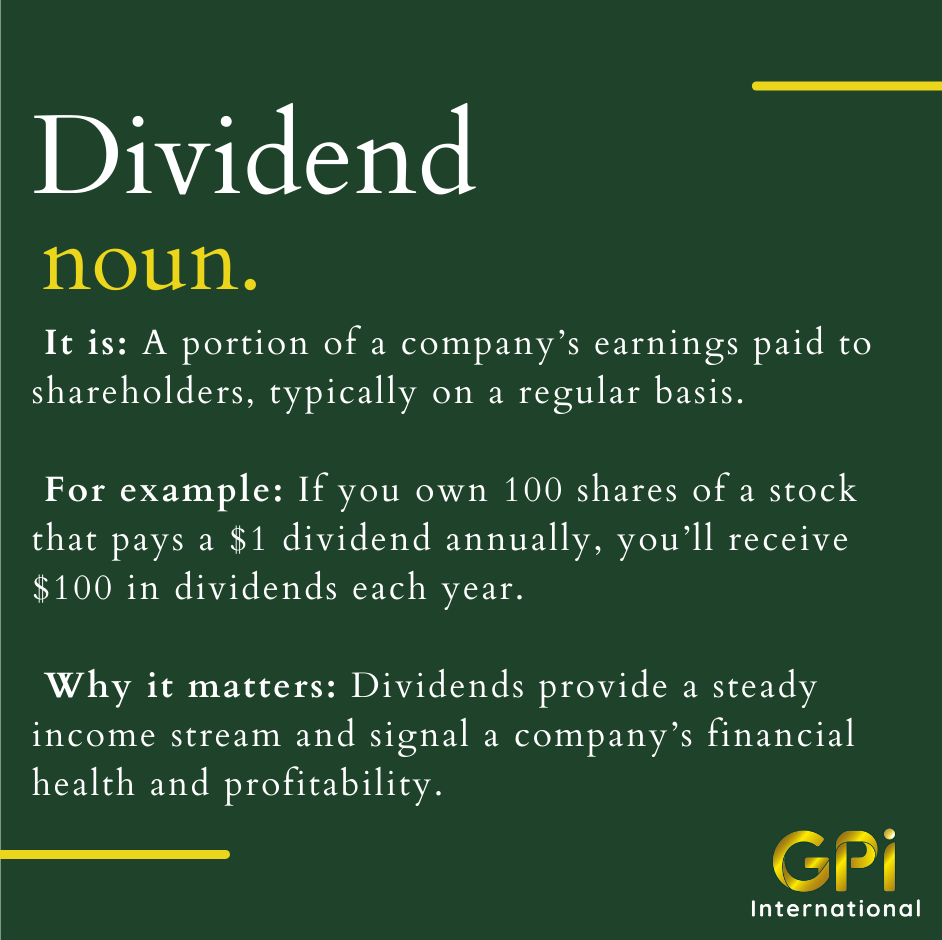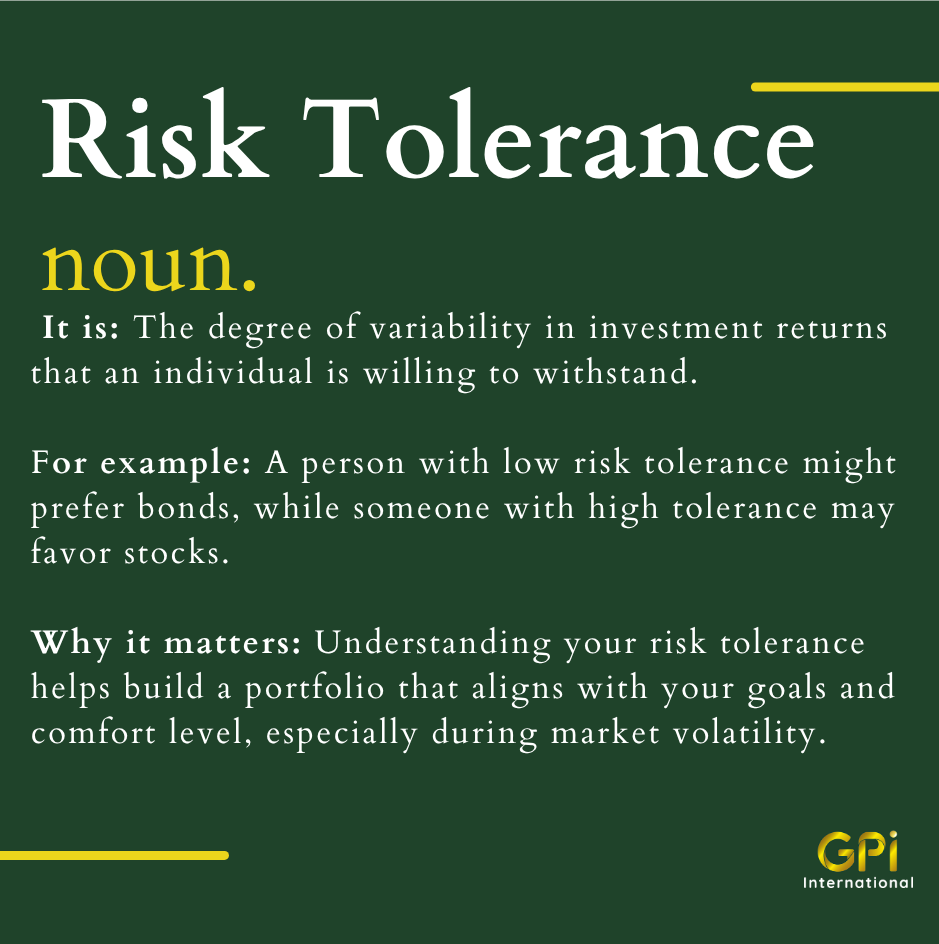Policyholder
Is an individual or entity who owns an insurance policy and is entitled to the benefits and coverage outlined in that policy. In the context of insurance, a policyholder is the person or entity that purchases an insurance policy from an insurer and pays the premiums to maintain the coverage.
Examples of policyholders include:
- An individual who purchases a life insurance policy to provide financial protection to their beneficiaries in the event of their death. The individual would be the policyholder and would pay the premiums to the insurance company to maintain the life insurance coverage.
- A business that buys a commercial property insurance policy to protect its physical assets, such as buildings and equipment, against potential risks like fire, theft, or natural disasters. The business would be the policyholder and would pay the premiums to the insurer to maintain the commercial property insurance coverage.
- A car owner who obtains an auto insurance policy to protect against potential damages or liabilities arising from accidents or other unforeseen events. The car owner would be the policyholder and would pay the premiums to the insurance company to maintain the auto insurance coverage.
- A homeowner who holds a homeowners insurance policy to safeguard their home and personal belongings from risks such as fire, theft, or liability claims. The homeowner would be the policyholder and would pay the premiums to the insurer to maintain the homeowners insurance coverage.
In all these examples, the policyholder is the party who owns the insurance policy and is entitled to the benefits and coverage provided by the policy, in exchange for the payment of premiums to the insurance company.

